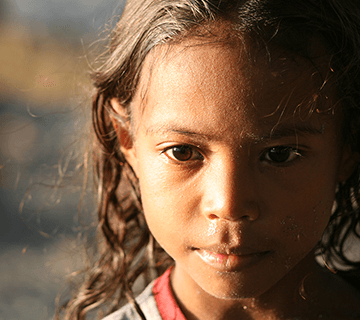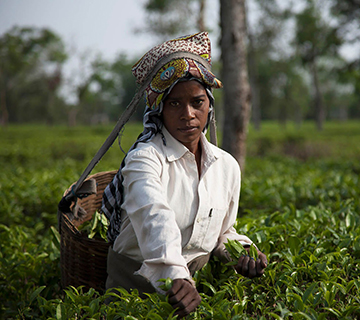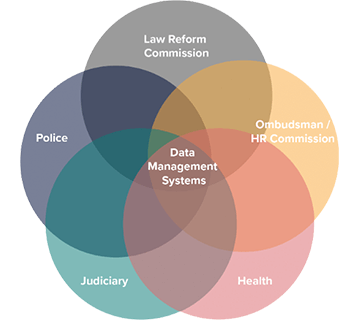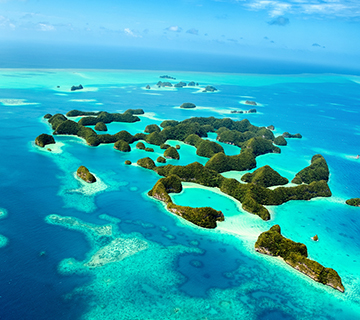Climate Change + Migration
Legal Reform for Those Most Impacted by Climate Change
Program Area:
Data & Research
Location:
Pacific Islands Region
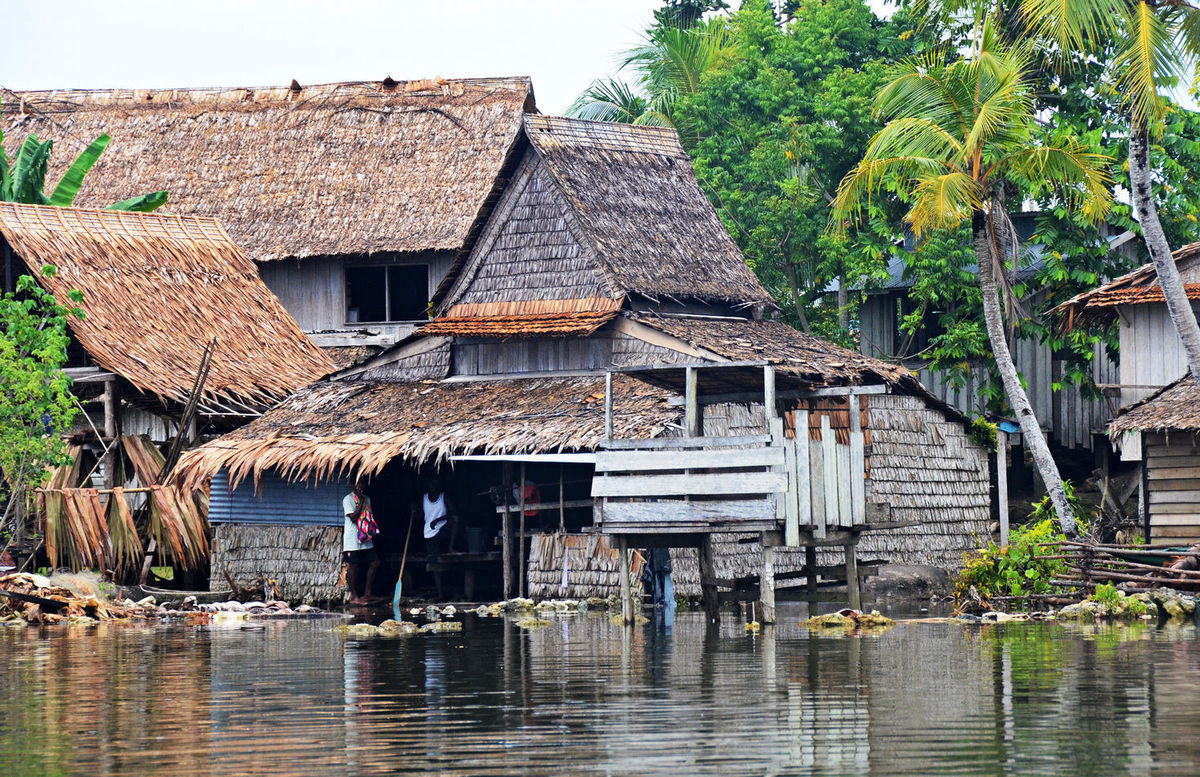
Low lying islands will be the first to bear the impact of climate change and the resultant climate refugees & migrants will require protection.
The Project
Although Pacific Islanders have contributed the least to current greenhouse gas emissions (.03%), compared to 30% for the U.S., they are at the forefront of the devastating effects of climate change. ICAAD is currently co-authoring an environmental law textbook focusing on ecocentric approaches to governance in the Pacific in partnership with Queensland University of Technology and University of South Pacific.
Research Insights
- The highest points above sea level for Kiribati and Tuvalu are 9 and 15 feet, respectively
- 90% of natural disasters today are climate related
- Samoa’s economic losses during disaster years have averaged 46 percent of their GDP while the corresponding figures for Vanuatu and Tonga are 30 and 14 percent, respectively
Key Focus Areas from legislative and policy perspectives include:
- Building a legal framework around “climate refugees”
- Advancing the creation of a body of law delegated to the issue of ‘relocation’
- Identifying a regional migration policy for inhabitants of PICS who will be forced to relocate to other PICs (e.g. Kiribati buying land in Fiji for future relocation)
- Understanding internal migration policy for national governments (e.g. relocation of people in low-lying atolls in PNG to Bougainville)
- Ensuring that climate adaptation policies are designed with women & girls represented

